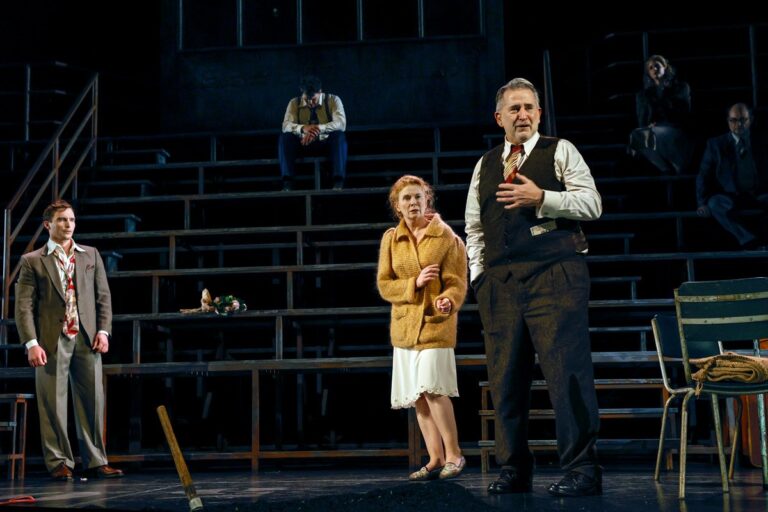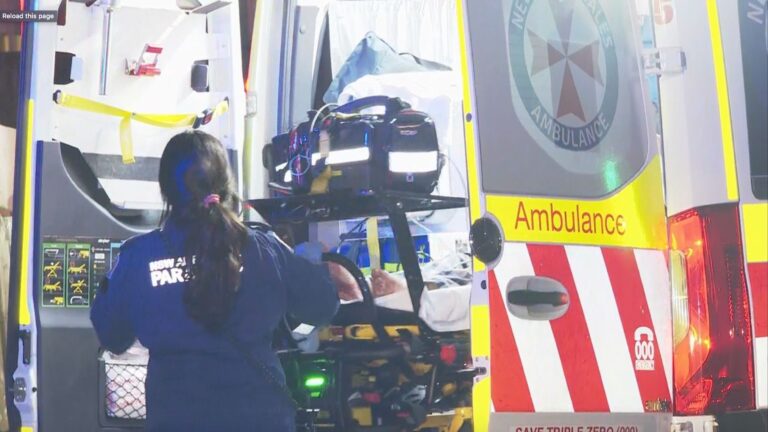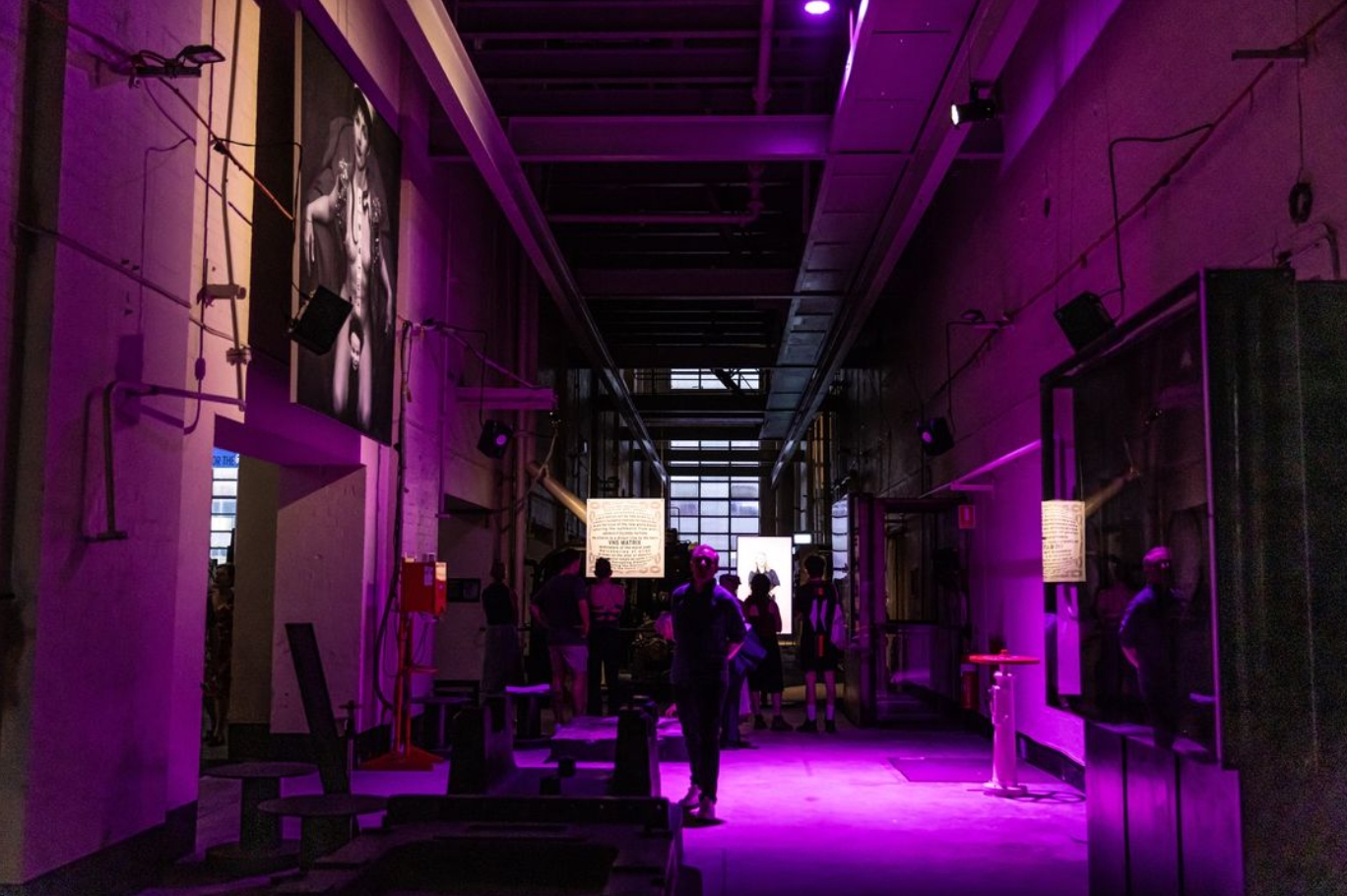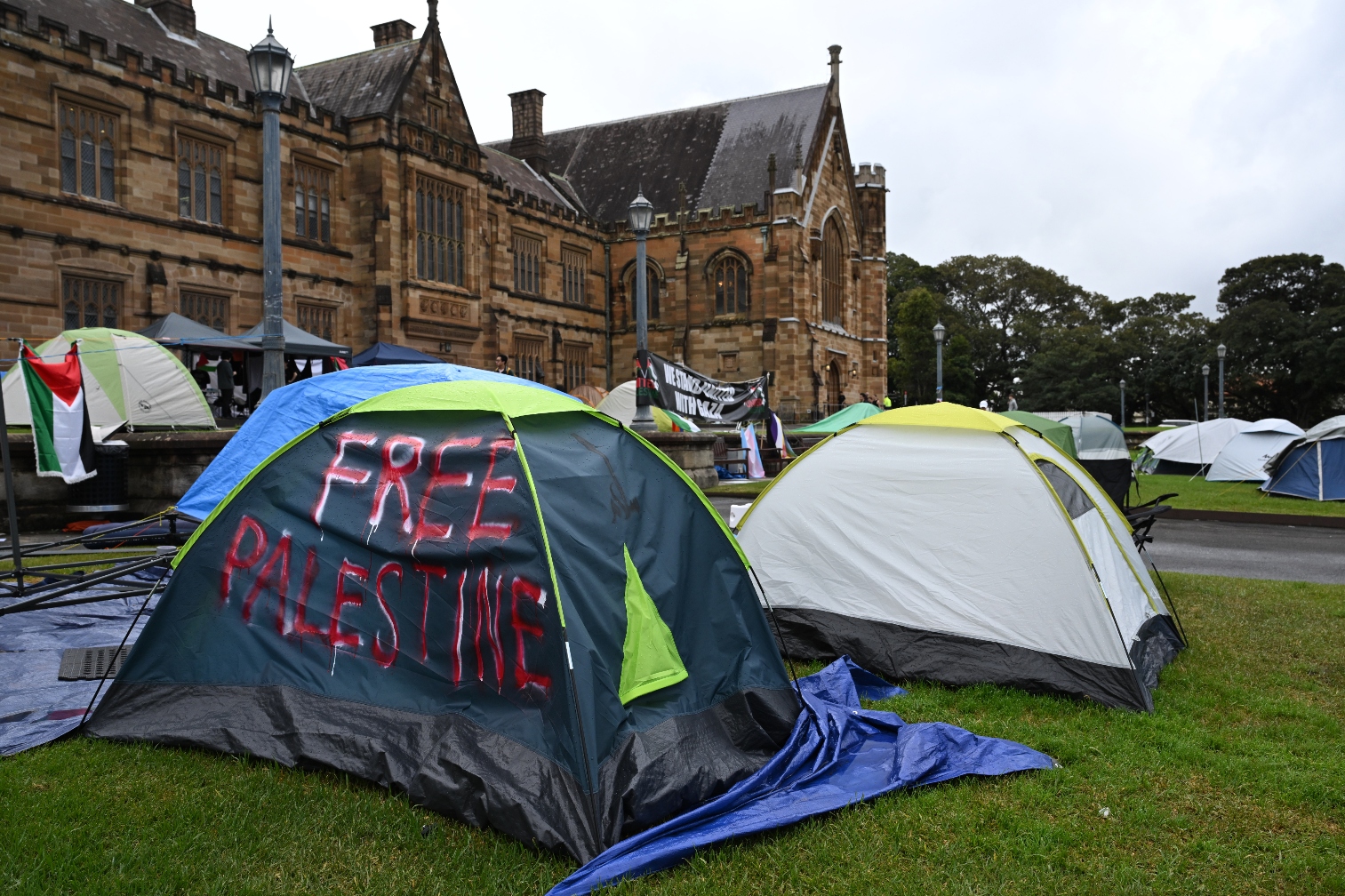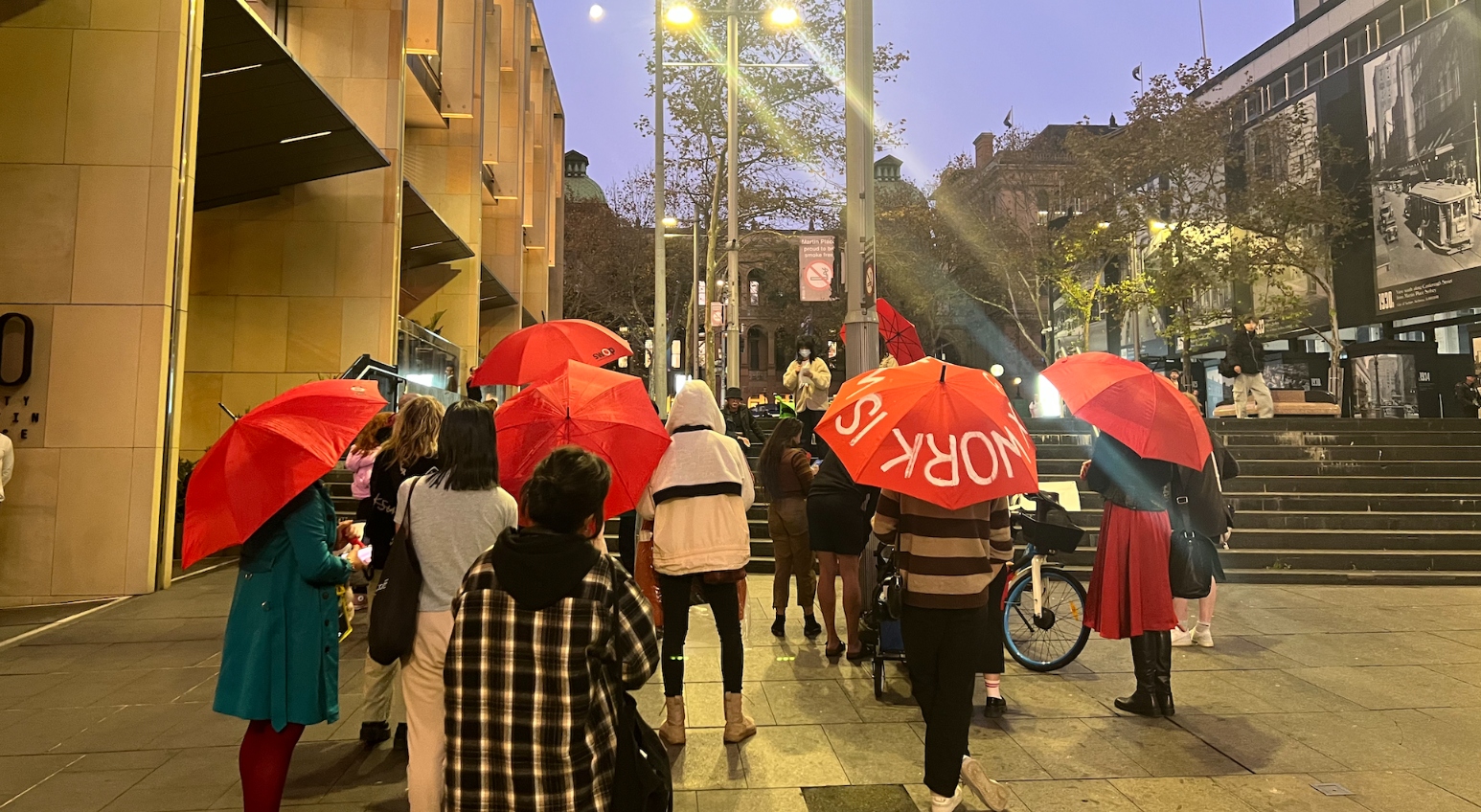
DIARY – LOVE AT CUMBERSOME CORNER – RENOVATIONS – PT 10
By Bruce Williams
Up and down our street the blue-and-white signs are proliferating. Blue-and-white diagrams with a blue-lettered web address that only south-side neighbours (fearing shadow) and opposite neighbours (fearing eyesore) will follow – these and the council watchers and conspiracy theorists who know the web address by heart – and who, in anycase, need no signs to read the signs.
It’s raining in Cumbersome. Winter rain. The road gutters are full of clear, contaminated water. Tainted, like the kisses of a jealous lover.
My Mum used to let me sail paper boats down such torrents. And I would take off my yellow rain-hat to shield my little boats from the pouring rain, so that they’d last a few seconds longer before sinking, unfurling, and turning to swirly pulp.
I’d never dream of letting my daughters, Sam and Ellen, do the same.
Who benefits’
Mum used to sail her boats, and wish her dreams bon voyage, on the Murray River. South of my days. Those dreams, every one of them – conceived and cultivated in the Mildura public library – required leaving the Murray. Forever. So that she need not watch her beloved, beautiful brother, Johnny, slip from drinker to drunk. So that she need not see Peno, her lover, prove to her year after year that she was right to have declined his proposal of marriage.
The mighty Murray. Salty as a widower’s tears.
Cumbersome Road, however, is all smiles: busy, loud, fun. People buy and sell. And little Nandita rides up and down the Cumbersome footpath on her swift Razor.
Along Cumbersome Road’s tributary streets and avenues, builders and plumbers come and go in their sign-painted vans. While, in our tiny back yard, Sam and Ellen swing and collide on plastic monkey bars, hanging by their knees, with their little skirts falling down around their necks, above the Sir Walter grass that Betty and I planted three years ago, and which is now seriously compromised by onion weed, summer grass and some slimy brownish substance that I do not care to know or name.
My mother’s mother lived with us in Sydney in the last few years of her life. She used to send me as a child on errands to the corner shop to buy the strongest peppermints they had, box after box of them. Which is what they did before Nicorettes.
She was a tough one, my Nanna, and pushed herself to quit even though she knew it was too late to do her any good. She was tough. And she was not tender. I never saw her kiss or hug or touch or say a single word of affection to my mother in all those years.
A mother may never be a mother. But a child is always a child.
Coming home from after-school rugby league, and taking the path around the back, which was not usual for me, I found my Nanna lying dead at the foot of our inside stairs. Nanna was 64. I was eight. This year, my mother celebrated turning 78.
When Mum was eight she lived with my Nanna, south of my days, in a house with canvas walls on the banks of the Murray River. With neither money nor tenderness.
South of my days.
(For Nanna Davies and for Judith Wright)

